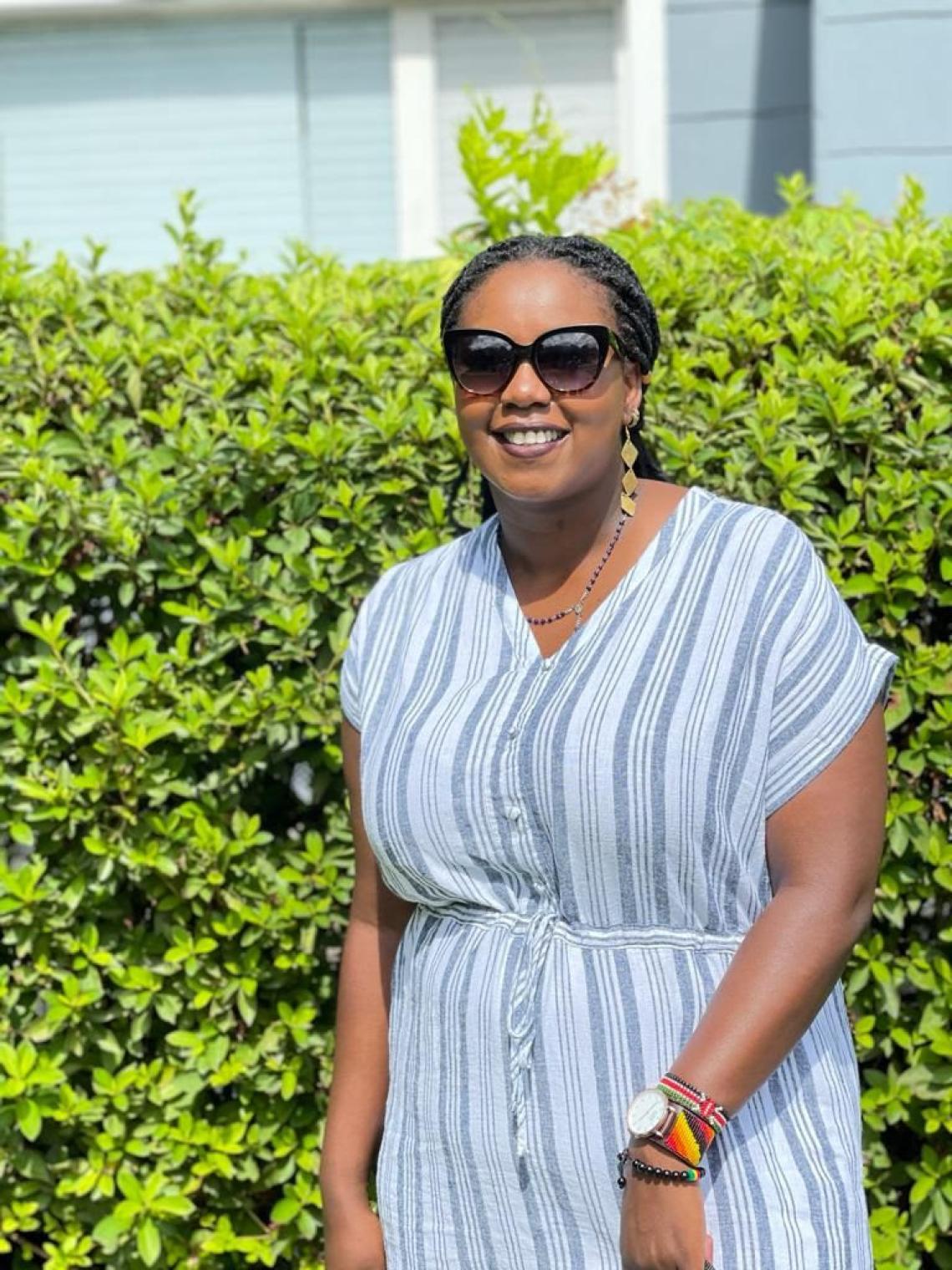What program and/or department are you in? What year?
I am a second year PHD student in the Arid Land Resource Science Program.
What are you involved in on campus or in Tucson?
I just came back to Tucson after being away for close to four months. It is exciting to finally have the state slowly open to in person sessions after a year of virtual meetings. The sad thing is that most of the friends I made from campus while I was pursuing my Master’s have graduated already and now it’s time to reconnect and recreate new ones.
I am always intrigued by the cultural sphere in its entirety – the diversity we have in our history, traditions, lifestyles, heritage, food, humanity, innovation etc. There is no better place to experience this than Tucson. Besides being United Nations named City of Gastronomy, its populous includes people from diverse nations and cultures. I particularly enjoy the museums on campus and talking to people about their opinions and views on different issues. As a lover of the African culture, its always an opportunity to share my experiences and impressions, as I share facts on Africa and her identity. During the summer, I worked with my childhood friends and using technology, we created an e-platform dubbed Culture hub. The platform aims at transforming Africa’s Culture economy, one digital solution at a time. Besides making African crafts more accessible to the global market and in turn transforming the socio-economic status of the artisans, we are interested in telling true and authentic stories about Africa.
Also, I enjoy hiking the canyons and trails of Tucson, and when I get the chance, I volunteer at Tucson events including the Community food bank and the Habitat for Humanity.
What do you hope to do with your PhD?
The main objective of my PhD research is to assess the transferability of the agrivoltaics innovation to the Kenyan context. Agrivoltaics is an innovation with the potential to address the challenges of food insecurity and energy production on the same piece of land, resolving the intense competition for land resources. Agrivoltaics systems include solar panels that are mounted several meters above the ground allowing for crop production and water harvesting beneath the panels. When implemented under the right circumstances, agrivoltaics has promising implications for food production, water saving and renewable energy production. However, as it is, the implementation of agrivoltaics will face challenges and barriers from existing policies, legislation and institutional frameworks. For instance, institutional issues like land tenure would pose a challenge of where the project would be implemented, while trade barriers in the energy sector would limit the distribution of the produced energy to communities. My research will be informed by communities’ opinion and perception on the socio-economic, political, environmental and technological practicability of adopting the agrivoltaics technology.
My research hopes to provide evidence for assessing the practicability of upscaling the innovation in Kenya and to other countries in the African continent. After all, technologies and innovations that can resolve energy, food insecurity, climate and land security conflicts are urgently needed.
How does being an international student shape your outlook on studying the environment?
I like this question. Its almost naturally that the first time I hear a new concept or interact with any piece of information, I almost immediately try to relate it to my home country’s context to see the similarities or differences. I am always mesmerized by the similarities in opportunities and sometimes challenges despite the numerous differences between the two worlds. We share in almost all environmental challenges and the difference is always mostly on the intensities and capacities to recover.
What inspires you in your research?
I feel indebted to future generations to leave them a world better than what we found. As an environmentalist who is aware of the glaring challenge posed to us by climate change, it is almost innate that my research work produces useful findings that are useful at global scales. Such thoughts have always worked as my motivation.
What advice would you give to an undergraduate student interested in pursuing a career in environmental research?
As an environmentalist, you get to work directly on issues that affect the world of today. Your research addresses global issues such as climate change, water scarcity, food insecurity, plant and wildlife species conservation, just to mention a few. The diversity in the majors helps you create a path that suits your personal interests and offers you are numerous job opportunities.


